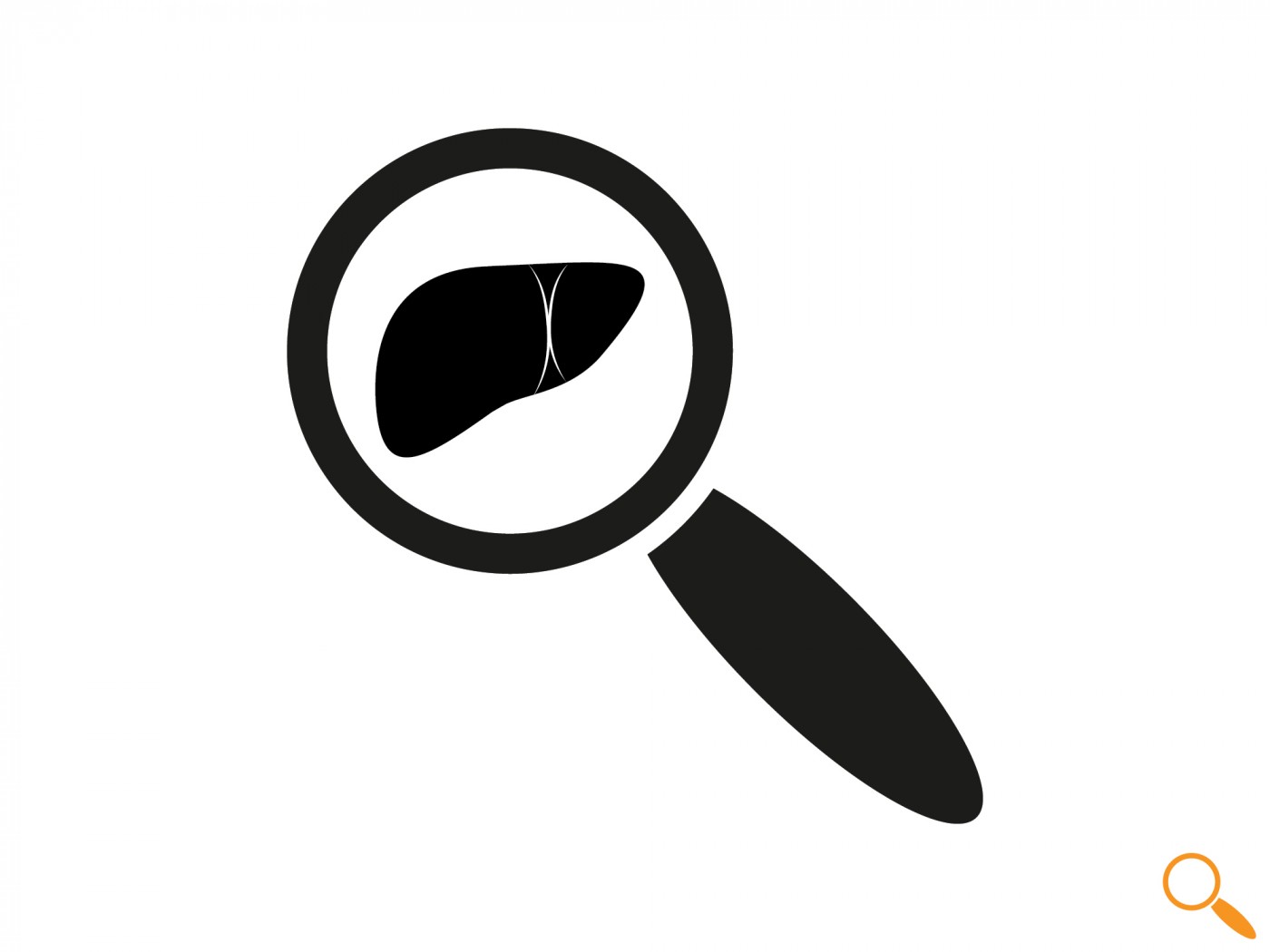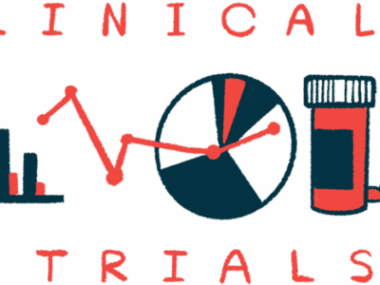Too Many Liver Tests at One Time Can Cause Anxiety, Increase Costs, Studies Say
Written by |

Performing too many liver tests at one time may cause unnecessary biopsies, costs, and worry, according to scientists at the University of Michigan.
To prevent this, the researchers recommended that doctors unbundle the tests, doing exams for common liver problems, then testing for uncommon ones.
Dr. Elliot Tapper and colleagues studied the issue in hospital patients and outpatients. They published two papers on their findings.
One article, “Nondirected testing for inpatients with severe liver injury,” appeared in the Journal of Hospital Medicine. The other, “Extensive testing or focused testing of patients with elevated liver enzymes,” was published in the Journal of Hepatology.
“Physicians are legitimately thinking they’re doing the right thing by ordering the full ‘panel’ of tests, being thorough and trying not to miss anything,” Tapper, MD, MS, a gastroenterologist who treats liver diseases, said in a press release. “In the hospital, they may be doing what a consulting liver specialist has suggested, but they’re not aware of, or thinking about, the ramifications.”
One ramification is false positives for rare diseases. It can lead to unnecessary liver biopsies, unnecessary anxiety in patients and their families, and unnecessary healthcare costs.
To avoid these, Tapper suggests a “directed” approach. That involves testing first for the most common causes of severe liver disease — the ones that require urgent care.
For hospital patients, such tests include hepatitis B or C, gallstones, drug overdoses, or blocked blood vessels feeding the liver. If these tests come back negative, then tests for rare autoimmune or genetic diseases should be conducted, Tapper said.
For outpatients, elevated liver enzyme levels are more likely to be caused by factors such as alcohol consumption, obesity and diabetes, followed by hepatitis B or C. Tapper suggests that doctors first conduct tests for these conditions as well as an ultrasound to rule out non-alcoholic fatty liver disease. If the tests come back negative, then tests for rarer causes of liver disease should be considered, he said.
Tapper said a patient’s lifestyle should also be taken into account in testing decisions. Excessive drinking, use of intravenous drugs, and taking dietary supplements may result in a false positive result in tests looking for such rare conditions as Wilson disease, hemochromatosis, autoimmune hepatitis, and primary biliary cholangitis.
In the first study, Tapper and colleagues looked at liver tests that doctors ordered at a large Harvard-affiliated hospital over five years.
Out of the nearly 5,800 patients whose initial blood test indicated an acute liver problem, 86 percent had their blood tested for a wide range of liver problems. Many patients also received same-day blood tests for conditions that do not cause acute liver damage and for which treatment delays of one or two days would not have caused any harm. Also, many patients never received confirmatory tests for rare diseases.
The study dealt with the cost of over-testing as well. It could amount to $40 million a year if done on every hospitalized patient. Added to this are the cost of biopsies — typically $1,500 each — and of prolonging hospital stays while waiting for test results.
In the second study, Tapper and colleagues focused on outpatients. Using data from 10.000 U.S. and British patients with slightly elevated liver enzymes in their initial blood test, the researchers developed a computer model of liver testing.
They found that a “directed” approach to testing leads to fewer false positives, which halves the number of liver biopsies that doctors order.
Moreover, carefully considering a patient’s history and symptoms before testing can change the recommended course of treatment and considerably reduce healthcare costs.
“The main message to all physicians with a patient with elevated liver enzyme levels is, think about what could really hurt my patient and what’s common, and direct your testing in that way first,” Tapper concluded. “If you find out on day 7 that it’s actually a rare case of Wilson disease, the delay of a few days won’t have changed the treatment plan, or harmed the patient. But the dollar cost, and personal cost, can be much higher for those who receive false positives and unnecessary biopsies. Patients just want to be told straight-up what they have and what they should do.”


